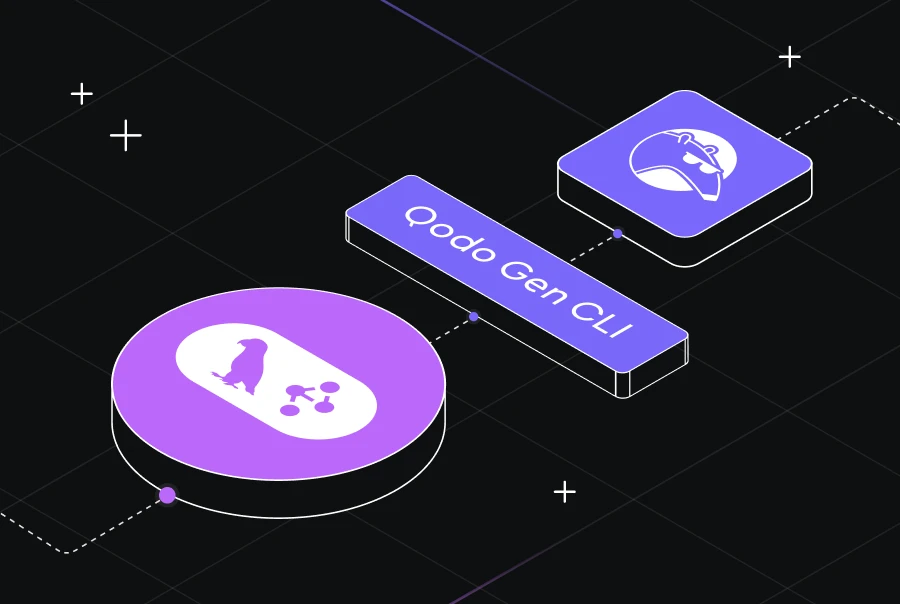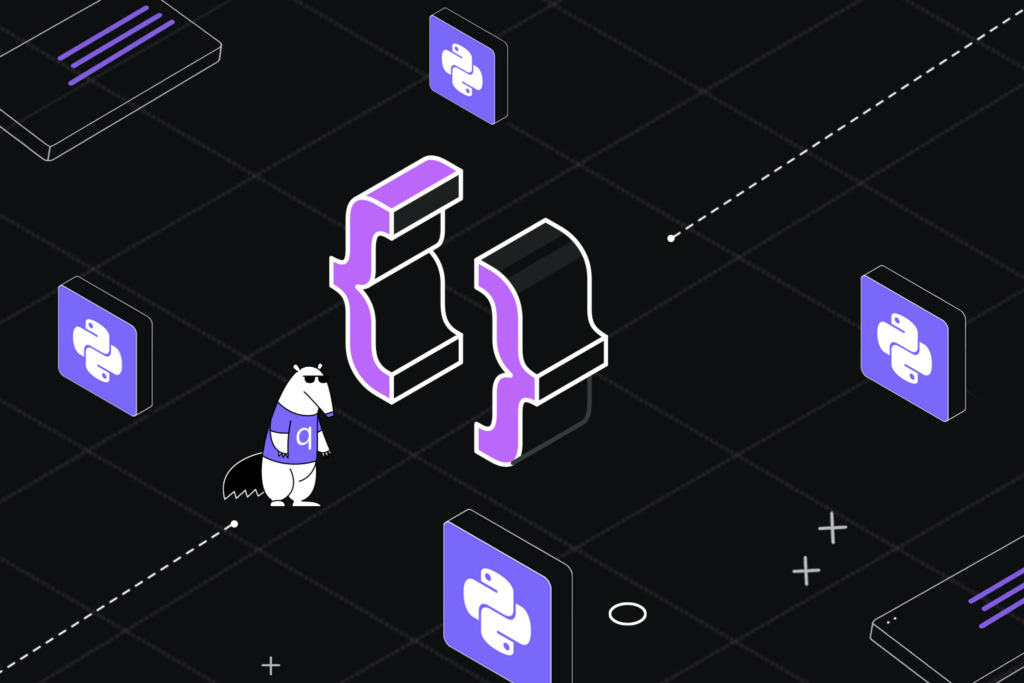Enhancing Remote Software Development with Qodo (formerly Codium): Bridging the Distance with Innovation


In the world of software programming, collaboration is not just a buzzword but a necessity. The complexity of modern software development projects often means that individual programmers are highly reliant on their peers for a variety of reasons. This dependency can manifest in numerous ways: from needing assistance to onboard unfamiliar code or debugging existing code, to seeking senior developer reviews for code improvement and identifying vulnerabilities. Additionally, the intricacies involved in reviewing pull requests often require a collaborative effort to ensure that changes are accurately communicated and understood. While such collaboration tends to be more straightforward in a traditional office setting, where one can easily seek the physical presence of a colleague for immediate assistance, remote work introduces a unique set of challenges to this dynamic. In addressing these challenges, Qodo (formerly Codium) presents a suite of products designed to bridge the gap and foster seamless collaboration, even in a remote setting. This blog post describes the nuances of these challenges and explores how Qodo’s (formerly Codium) innovative tools can transform the collaborative landscape of software development.
The Importance of Collaboration in Software Development
Software programming is inherently complex and multifaceted, making collaboration among developers not just beneficial but essential. The reasons for this are manifold. Firstly, software projects often involve working with pre-existing codebases, which can range from slightly familiar to entirely foreign. When a developer is tasked with enhancing or debugging such code, the insights and guidance from the original authors or more experienced colleagues can be invaluable. This process, known as onboarding, helps developers understand the rationale behind certain coding decisions, the architecture of the project, and potential pitfalls to avoid.
Moreover, code reviews play a critical role in ensuring the quality and security of software. Having a senior developer or a peer review your code can provide fresh perspectives, uncover hidden issues, and suggest optimizations that significantly improve the final product. This process not only enhances code quality but also contributes to the professional growth of developers by exposing them to new techniques and best practices.
The challenge of collaboration becomes particularly pronounced in remote work environments. Without the ability to physically gather around a workstation, developers must find alternative ways to communicate complex ideas and code changes effectively. This is where the struggle lies: how to maintain the efficiency and spontaneity of in-person collaboration in a remote setting.
Qodo’s (formerly Codium) Solutions to Remote Collaboration Challenges
Qodo (formerly Codium) introduces a suite of products specifically designed to mitigate the challenges of remote collaboration in software development. Each tool in their portfolio addresses a critical aspect of the collaboration process, offering innovative solutions that streamline workflows and enhance productivity.
/explain – The onboarding tool
Starting with the code explanation tool, Qodo (formerly Codium) makes onboarding on new or existing projects a breeze. This tool is designed to help developers quickly understand the structure and logic of a codebase, significantly reducing the time and effort typically required for manual code analysis. By providing clear, concise explanations of complex code segments, developers can navigate and contribute to projects more efficiently, regardless of their familiarity with the initial codebase.
/review and /improve your code
For code review and improvement, Qodo (formerly Codium) offers tools that leverage advanced algorithms to analyze code for potential improvements, adherence to best practices, and identification of weak spots. These insights are invaluable for developers seeking to refine their code before submission for human review. By automating the preliminary review process, Qodo’ (formerly Codium)s tools not only expedite the review cycle but also enhance the quality of feedback received from human reviewers.
Qodo Merge (formerly PR-Agent) for Automated /describe and /review
The Qodo Merge (formerly PR-Agent) stands out as a revolutionary tool for managing pull requests. It automates the generation of comprehensive PR descriptions and conducts preliminary reviews to ensure that submissions are of high quality and ready for human review. This automation significantly reduces the time developers spend on administrative tasks associated with pull requests, allowing for more focus on the core development work. Furthermore, it ensures that reviewers have all the necessary information at their fingertips, making the review process more efficient and effective.
Transforming Remote Collaboration
The transition to remote work has presented significant challenges for software development teams, particularly in the realms of collaboration and communication. Qodo’s (formerly Codium) products represent a leap forward in addressing these challenges, offering tools that not only facilitate but enhance the collaborative process. By streamlining onboarding, code review, and pull request management, Qodo (formerly Codium) enables teams to maintain the high levels of efficiency and innovation that are hallmarks of successful software development, regardless of their physical location.
In conclusion, while the challenges of remote collaboration in software development are real and significant, the solutions provided by Qodo (formerly Codium) offer a promising pathway to overcoming these obstacles. By leveraging these tools, developers can enjoy a more seamless, efficient, and productive collaboration experience, paving the way for the development of higher-quality software in an increasingly remote work world.
Inspired by Kendall Miller, after a great discussion at NDC London 2024



